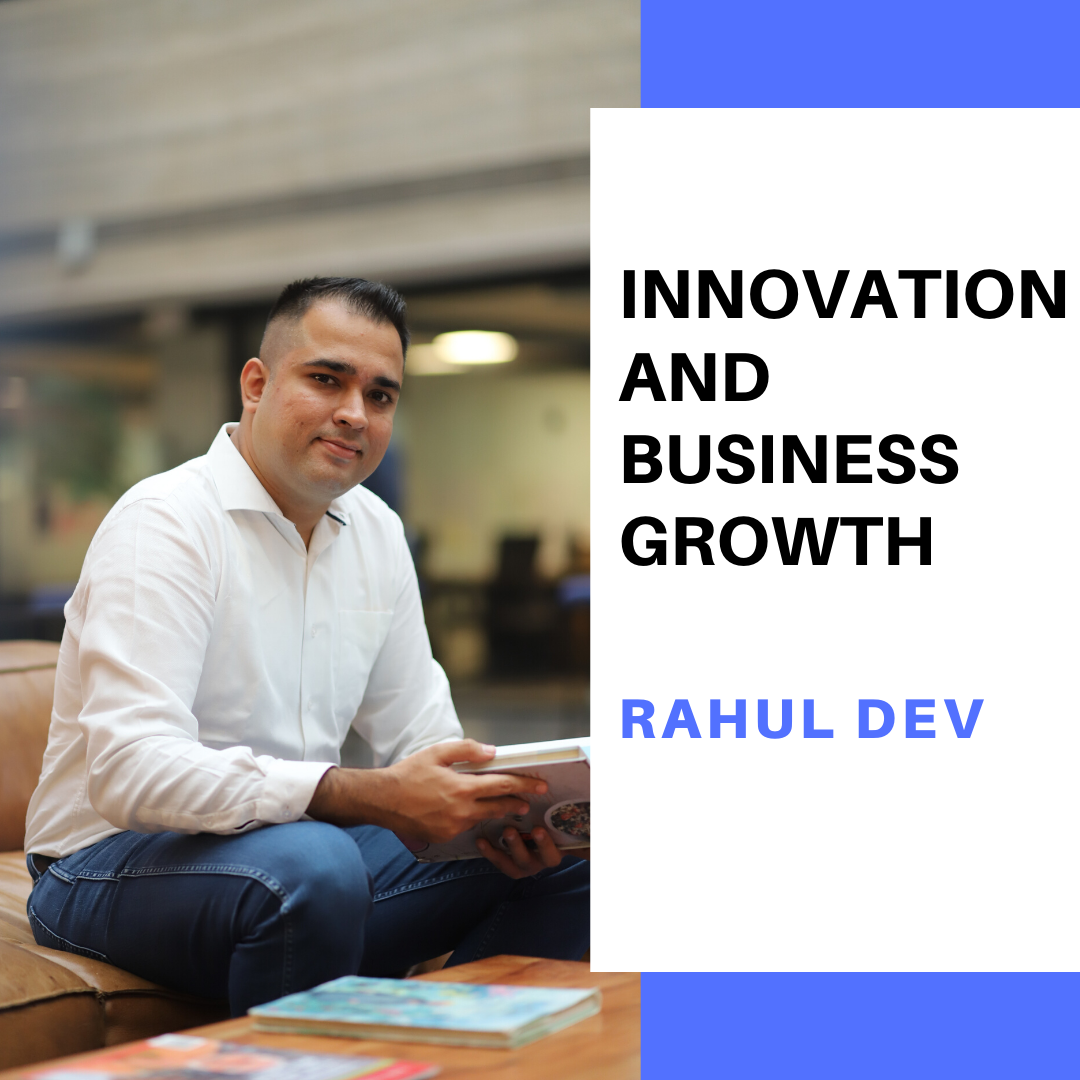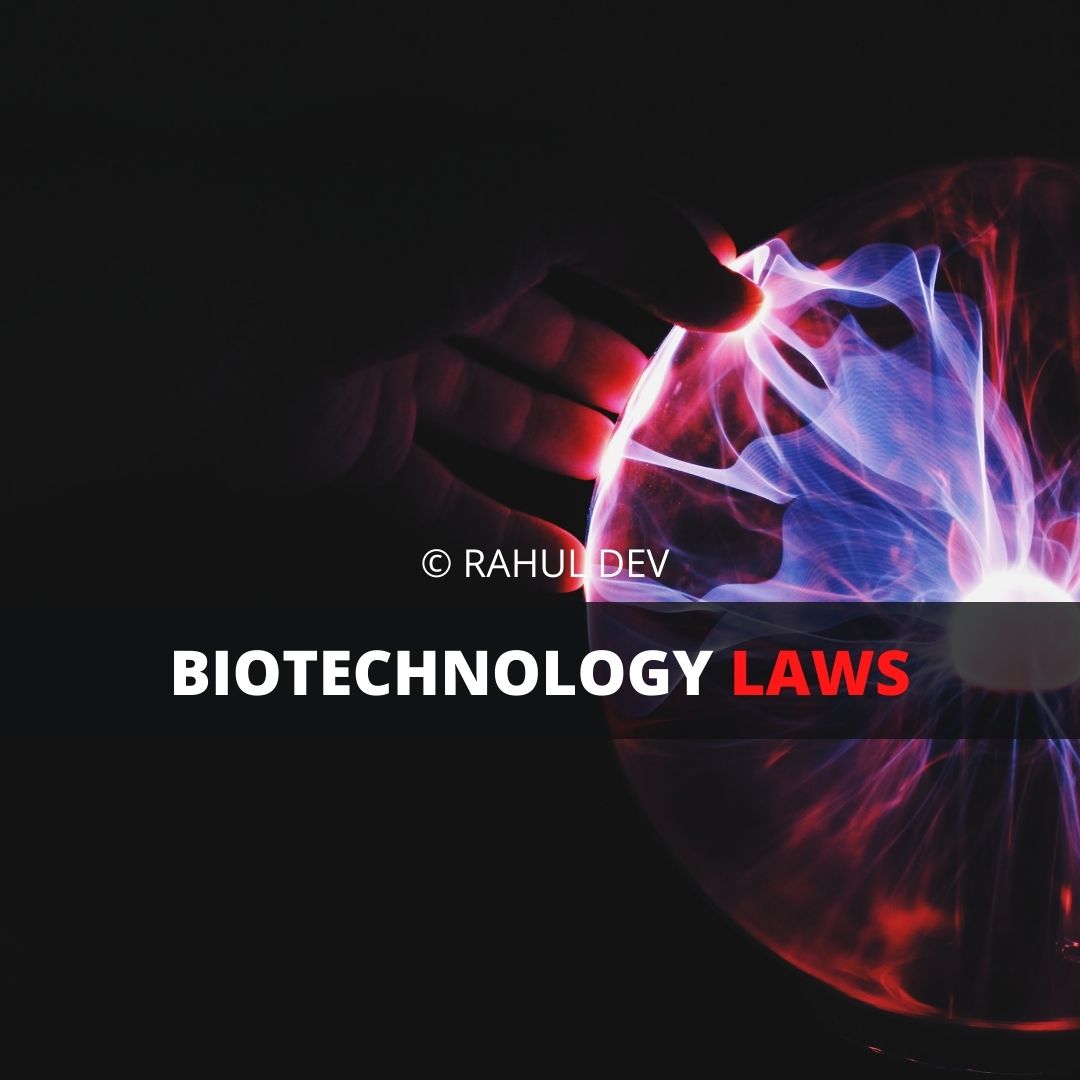Regulatory System
Biosafety regulatory systems in countries of the Asia-Pacific region are in the process of development and implementation. The process of creating the legal and administrative frameworks has been initiated at different times and Follows different approaches.
The countries have to balance between obligations of free trade under WTO and environmental safety based on the “precautionary approach” of the Protocol. Thus, the biosafety regulatory systems in the Asia Pacific regions fall into two broad groups.
The first group has developed its biosafety regulations independently while the second comprises 28 countries that have developed their NBFs with UNEP-GEF assistance. The policies on agricultural production, food security, and economic, trade, and social considerations have shaped the regulatory systems on biotechnology and biosafety.
The structure of NBFs of the latter countries is according to a common format comprising: description of the government policy on biosafety; description of existing law and enforcement system of the country involving principal acts on biosafety and tribunals responsible for their execution; an administrative scheme for processing requests for sanction of import, export, local use, field examination, intentional dissemination into the atmosphere, etc.; risk management and follow up on administration and compliance; and instruments for public awareness and participation.
The countries that have developed their regulatory systems independently of UNEP-GEF are more diverse on the other hand, countries like Bangladesh, Indonesia, and the Philippines have some or the other form of a regulatory system already in place before joining the NBF.
Government Support
Government support also plays a vital part in driving the direction of biotechnology research. For instance, synthetic biology in Singapore, China, South Korea, and Japan has much backing at the national level, with the establishment of state-sponsored programs and national institutes, and the growth of essential research abilities.
In China, government-sponsored programs provide huge enticements to create biotech infrastructure, progress biotech and life-science parks, and employee foreign talent. Legislation is being developed to inspire innovation in China.
Moreover, Biotechnology is named as a Strategic Emerging Industry, and plans such as Made in China 2025 and the 13th Five-Year Plan highlight its development. More partnerships are taking place between academic institutes and biotech companies within and outside China.
Sustainability
This area has great unused potential to address pressing global challenges, such as climate change and sustainable growth and development. Biotechnological development of chemicals and raw materials in a sustainable manner is drawing considerable attention, and few conventional petrochemical companies have begun commercializing bio-based chemical production.
Prominent examples are Malaysia’s Bio-economy Transformation Programme to promote specific bio-based industries; China’s strategic focus on commercialization of agriculture biotechnology; and the National Biotechnology Strategy of Japan.
Development
Currently, there continues to be much collaboration between researchers in Asia and those in the U.S. and Europe. The dramatic rise in the quality of research in Asia, coupled with increasing research opportunities spurred by rapid economic growth, draw a growing number of international researchers into Asia.
The current healthy infrastructure supporting biotech development in Asia is also enabling many native young people to stay and work in biotech companies in Asia. To support and strengthen these collaborations, AIChE holds some of its major biotech conferences in Asia.
Conclusion
While, modern biotechnology offers innovative technologies and applications in healthcare, agriculture, and environmental protection, a favorable environment policy is essential for promoting innovation and commercialization.
Some countries in the Asia-Pacific have established focused policy and institutional frameworks to support their biotechnology sectors. Biotechnology is also considered a capital- and knowledge-intensive sector. For acquiring these critical resources, enterprises need to establish strong collaboration and networking with domestic and international partners.
Further, biotechnology is also seen as a primary force for economic growth in South Asia, even though there is a resilient inadequacy of funding, infrastructural and skilled manpower.







